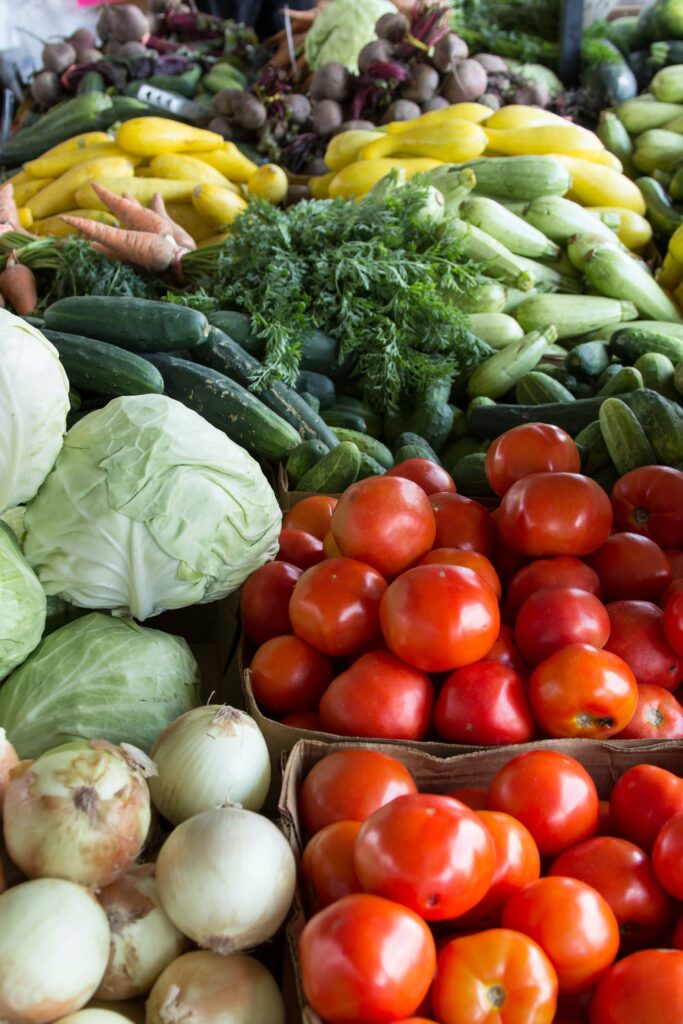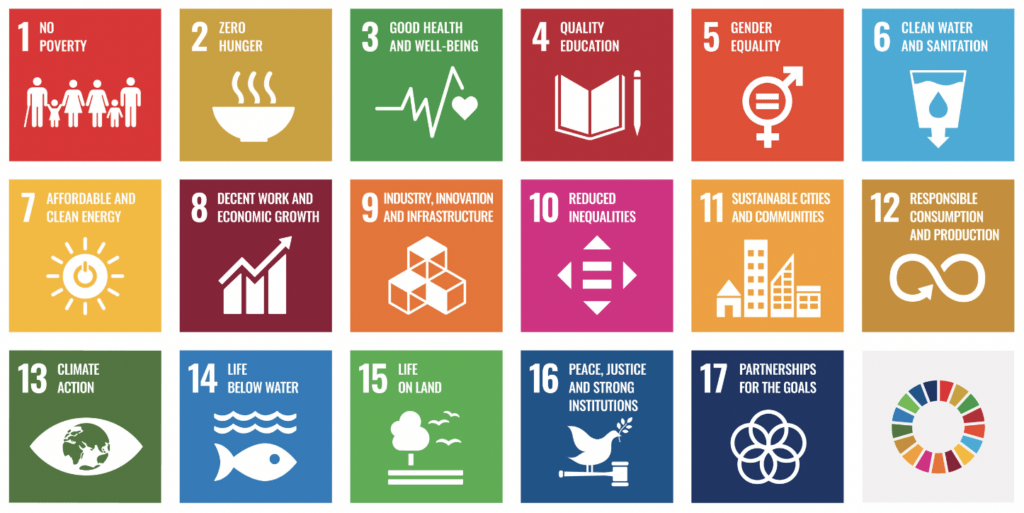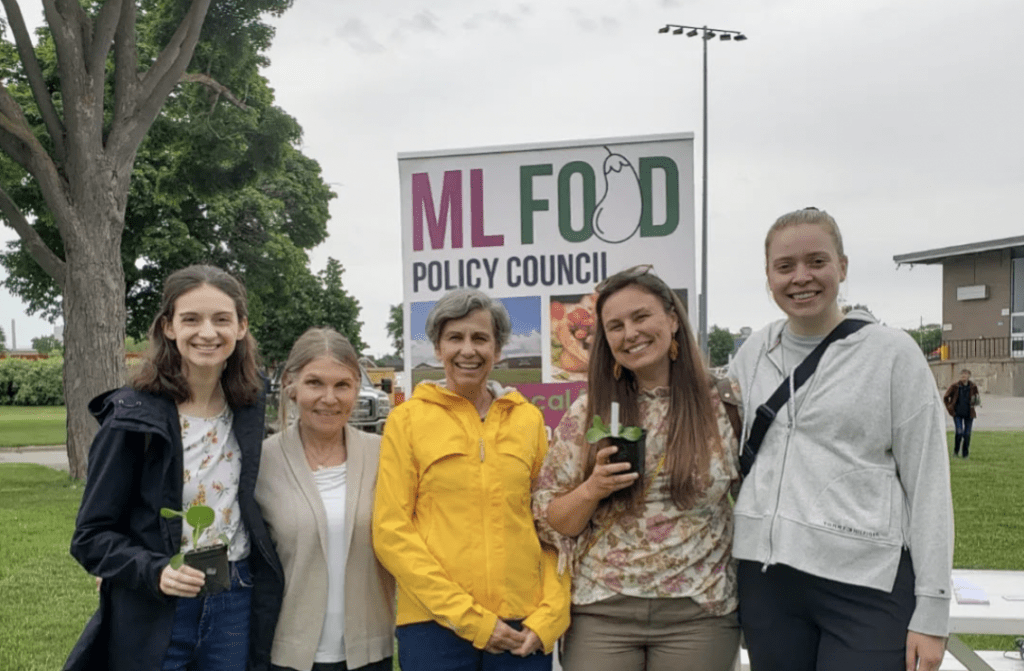An SDG Community Food Assessment

In 2022, the Middlesex-London Food Policy Council (MLFPC), a nonprofit organization that works to foster cooperation and connections between individuals and groups to strengthen the local food systems, initiated a multiphase evaluation and analysis of community food security in response to the London Community Recovery Network’s (LCRN) request for increased attention to food insecurity in the local community. The project unfolded in four phases, each contributing to a comprehensive understanding of the challenges and opportunities in ensuring access to nutritious food for all.
The first phase consists of an initial Community Food Assessment (CFA) involving the community and stakeholders in group discussions in addition to an environmental scan to explore the current picture of food security in Middlesex London. The objectives of the second and third phases of the project were to educate the public on the food production in Middlesex-London but also to foster trust in our local food system. The goal of increasing food literacy among the public and promoting the MLFPC as a trusted voice on the topic of community food security. Moreover, an environmental scan was conducted to examine food policy in eight different municipalities with the overarching goal of aligning key principles to the Sustainable Development Goals (SDGs). The final phase of the project presents an overview of current relationships and gaps that can be filled through additional collaboration, while also summarizing the geographical context of Southwestern Ontario.
Role of the SDGs
The SDGs were adopted as a guiding framework to improve the research’s breadth and depth and ensured a thorough knowledge of the interconnected challenges. When the SDGs were introduced, the CFA was seen through a more comprehensive perspective. When it comes to identifying connections between food security and wider community issues, such as poverty, access to public spaces, and job development, the SDGs proved to be a valuable framework to guide discussions. One significant milestone was the collaboration with SDG Cities and the Centre for Sustainable Value at the Ivey Business School at Western University. The collaboration supported an environmental scan that comparatively analyzed municipalities in North America and Europe. Again, the SDGs played a crucial role in guiding the analysis, aligning it with the ongoing research by MLFPC and wider community discussions.

Key Outcomes and Partnerships
The final report identified five vital actions that are necessary to advance local food access and community food security: emergency food distribution, retail food upgrades, local food access improvements, education and awareness campaigns, and cooperative resource consolidation efforts. The report’s recommendations aligned with the SDGs, offering a thorough and internationally accepted framework for sustainable development.
Throughout the project, SDG Cities partnered with the City of London and the MLFPC. The partnership involved many businesses, organizations, and individuals in the food sector through community discussions, including local farmers, restaurants, markets, food banks, professional associations (e.g., Food and Beverage Ontario), Indigenous communities, and community gardeners. Moreover, the partnership extended beyond the MLFPC and the City of London, encompassing a diverse array of stakeholders across the province.
Conclusion
The journey towards enhancing community food security was marked by strong partnerships, dedicated research, and a commitment to integrating the SDGs. Along with stakeholders, members of the local community as well as institutions and organizations, played a pivotal role in steering the project towards success. The final report stands as a testament to the collaborative efforts, offering actionable recommendations framed within the language of the SDGs, ensuring a sustainable and inclusive approach to community health and well- being.

